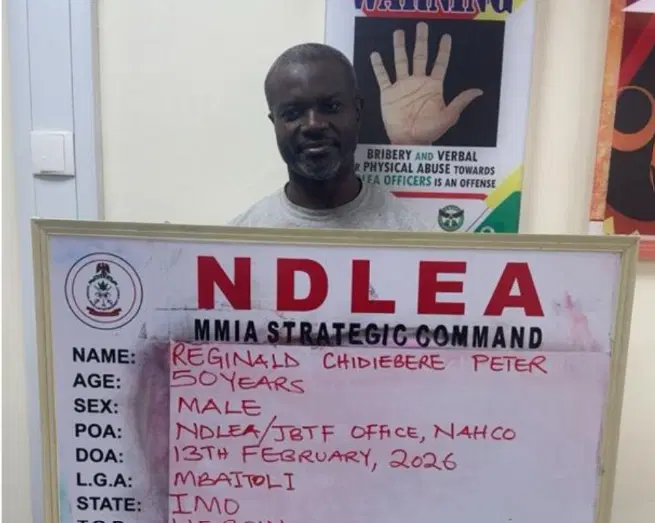Tech giant Meta will begin testing its new Community Notes feature next week across its platforms in the United States, marking a shift from third-party fact-checking to a crowd-sourced approach for moderating content.
The feature — similar to the system used by X (formerly Twitter) — was first announced by Meta CEO Mark Zuckerberg in January. The move comes amid long-standing criticism, particularly from supporters of former U.S. President Donald Trump, who have accused Meta of unfairly censoring conservative voices under its previous fact-checking policies.
Testing is set to start on Tuesday, with Meta revealing that around 200,000 users on Facebook, Instagram, and Threads have already signed up to contribute.
Through Community Note, users can add and rate contextual notes on posts, offering additional information on content deemed misleading. To participate, users must be over 18, have an account older than six months, and maintain good standing on the platform.
However, Meta clarified that Community Notes will not immediately appear on posts during the testing phase. The feature will gradually roll out to more users as the company fine-tunes the system ahead of a broader launch.
The shift has sparked mixed reactions. While some research suggests Community Notes can help counter misinformation — such as vaccine-related falsehoods — critics warn the system may be vulnerable to political bias.
Concerns have also been raised about the abandonment of professional fact-checkers. Research shows that X’s Community Notes often rely on findings from these experts — something Meta has now dropped in the U.S.
UN Secretary-General António Guterres recently cautioned that scaling back content moderation could reopen the floodgates of online hate speech and misinformation. Tech analyst Casey Newton echoed similar worries, stating:
“Meta has long said it doesn’t want to be an ‘arbiter of truth,’ but it has funded those arbiters for the past several years. If no one steps up to replace them, Community Notes will suffer — both on X and Meta’s platforms.”
Meta insists the system is designed to prevent manipulation, only publishing notes when contributors from diverse viewpoints agree on their accuracy and helpfulness. Unlike posts flagged by professional fact-checkers, content tagged with Community Notes will not face reduced distribution.
The feature will initially support six languages: English, Spanish, Chinese, Vietnamese, French, and Portuguese.
While the third-party fact-checking program will remain active outside the U.S., Meta confirmed it will continue adapting X’s open-source algorithm for its new approach.
Despite Meta’s assurances, critics warn that crowd-sourced moderation could struggle with politically charged content, risking further polarization online.










